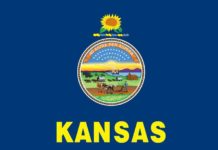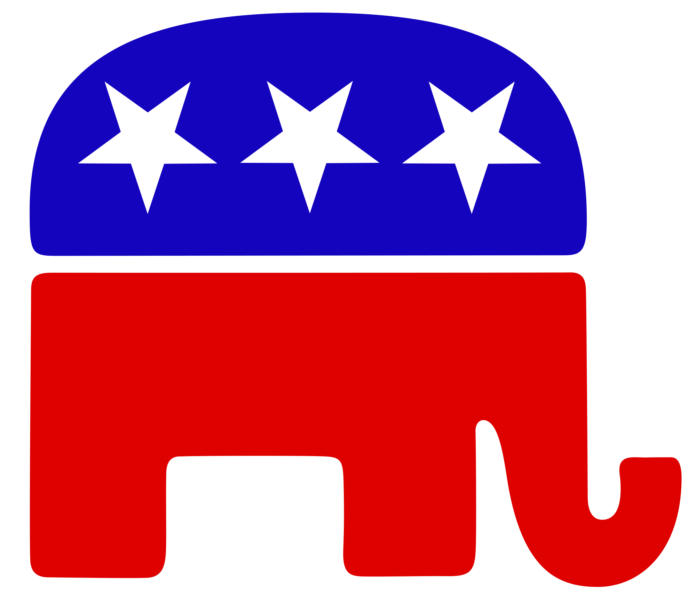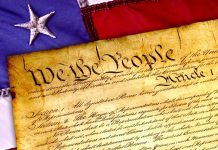A Douglas County district judge has denied a request from national Republicans to defend a state law repealing a three-day grace period for mail ballots to arrive at election offices after Election Day.
District Judge Carl Folsom III set aside a motion by the Republican National Committee to join in defense of a law that reverses a statute that allowed ballots postmarked on or before Election Day to be accepted for three days after the election.
Folsom ruled that the law is adequately defended by the secretary of state and the atttorney general, meaning that the RNC didn’t need to intervene.
“There is no indication of collusion between state defendants and plaintiffs, nor is there any indication that the defendants have an interest adverse to the applicant or that the defendants are failing to represent the applicant’s interest,” Folsom ruled.
The RNC claims that no other party can “advance its own partisan objectives,” but Folsom ruled that courts presume adequate representation when the government is a defendant and the party seeking to intervene have the same ultimate objective.
“This case already includes multiple plaintiffs and multiple state defendants, as well as a request for an expedited case-management schedule,” Folsom ruled.
“The addition of another party, with another group of lawyers — and no identifiably different litigation interest — will be counterproductive for the efficient management of this case,” he ruled.
“For this reason, and because the RNC’s interests are adequately represented by the existing defendants, the court exercises its discretion to deny this request.”
Three groups – Kansas Appleseed Center for Law and Justice, Loud Light and the Disability Rights Center of Kansas – filed a lawsuit in May, arguing that repealing the grace period was unconstitutional and disenfranchised Kansas voters.
They said repealing the grace period would make it “virtually impossible for many voters” to cast a ballot by mail in an election.
They want the law repealing the grace period blocked.
They want election officials ordered to count all ballots that are postmarked by Election Day and received within seven days after the election — “the time Kansas’s own election officials expect it will take a ballot to reach its office.”
The RNC argued in its brief that it should be allowed to intervene in the case because it has an interest in ensuring that “Kansas elections are conducted in a safe and secure manner and in accordance with law.”
It notes that Kansas will have a Republican on the 2026 midterm election ballot for Kansas’ seat in the U.S. Senate and for each of Kansas’ four House seats.
Additionally, Kansas will hold an election for governor in November 2026, and numerous state legislative seats will be up for election with Republicans running in many of them.
“In short, the RNC has strong interests — its own and those of its members — in how Kansas elections are structured and ballots are counted,” the RNC argued.
The RNC contended that a decision in the plaintiffs’ favor could lead to an injunction barring the implementation of provisions that the GOP argues are beneficial to its members’ ability to compete in federal elections.
“Sudden, court-ordered changes to Kansas’s election deadlines affect the electoral prospects of Republican candidates and will require the Republican Party to adjust its electoral strategy for upcoming state and federal elections,” the national GOP contended in its brief.
















